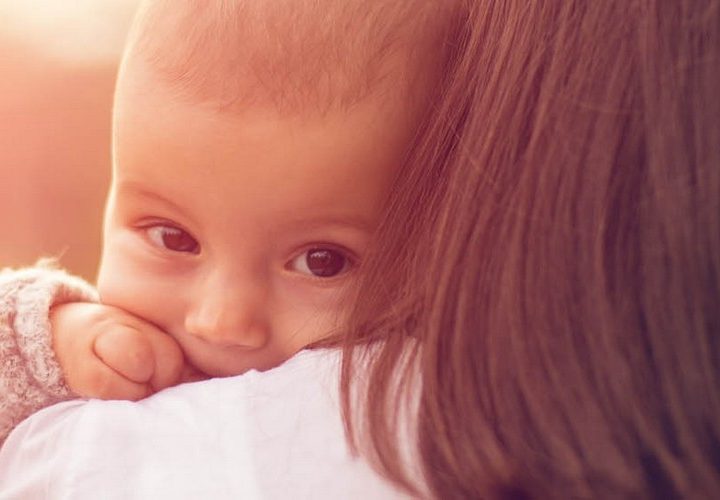Professionals dealing with child protection cases have become increasingly aware of the desirability of protecting children from harm against the danger of overstepping the mark and intervening unjustifiably into what is properly the private life of the family involved.
In the past few years there has been a growing emphasis in the decisions of the courts on the implications of Article 8 of the European Convention on Human Rights.
Article 8 establishes the right to respect for a private and family life. That has important implications in terms of child protection. The Local Authority, the state, can only interfere or intervene in family life to the extent that it is lawful, necessary and proportionate.
Sadly there are many cases, perhaps increasingly so in times of social and economic difficulty, where intervention to some degree is required. It is plainly appropriate the Local Authority has a protective role to play in these cases and the level of input by the Authority into the family life of those concerned will and should depend upon the individual facts of the case. Often there can be a “light touch” intervention which goes nowhere near the level which would require applying to the Court.
However, there are more serious cases where it can be established that a child has suffered or is at risk of suffering significant harm attributable to concerns as to the level of parenting he or she has received. If the child’s welfare requires then the court may in such a case make a care order with the effect that the Local Authority shares parental responsibility with the parents. The Authority also has to file a care plan in such a case setting out its proposals for the care of the child.
This planning process can be the most difficult part of the case. Is it in the child’s best interests to remain with his/her family, is a placement with extended family or friends appropriate, or is it necessary to place the child outside of the family, and, if so, should that be in a foster placement or should the child be placed for adoption. If there is adoption, the new carers become the legal parents of the child and the legal relationship with the birth parents cease.
The Courts are becoming increasingly alive to the need to balance the right to respect for a family life as against the importance of child protection.
This was an issue addressed recently by Lord Justice MacFarlane in the Bridget Lindley OBE Memorial Lecture 2017. For those interested in this important and fraught area of law I would certainly recommend reading this lecture, a transcript of which is available online.
The lecture considers many issues including when it is appropriate to approve a plan of adoption for a child. Lord Justice MacFarlane asks in the course of his lecture, whether, if adoption was once the best outcome for the children in such cases, does that continue to be the case today? He explores the development of adoption as an outcome in this context and considers how potential candidates for adoption in these cases have grown to encompass children of 5, 6, 7 years or older. He explores the factors which may relate to these older children which can make adoptions more problematical. Amongst the factors which he identifies as having changed in recent years are the characteristics of those in people seen as candidates for adoption, the level of support afforded to them and to the adopters once placement has been achieved, and the fact that the availability of social media now means that the adopted children may at some stage make contact with their birth family.
Lord Justice McFarlane expresses concern that data and research on whether our model of adoption in these child protection cases has or has not met the needs of the children is simply not readily available. It is his view such research is “sorely needed”.
There are therefore no easy answers to these problems. The law has to adapt to the dynamic changes in society. What may have been regarded as a suitable outcome for children in past years may not meet their life long needs nowadays. It has to be stressed that very case turns on its own facts and there is no “one size fits all” solution.
If you wish to speak to a child law solicitor for legal advice about your situation, call Farleys Solicitors on 0845 287 0939 or submit your enquiry online.








